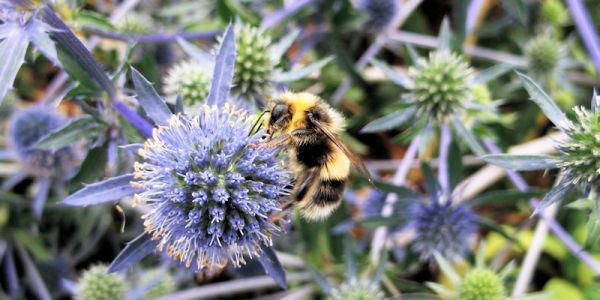
Nature writing campaign aims to capture spring's arrival
Today wildlife lovers across the UK have the chance to contribute to the first ever crowd-sourced nature diary to celebrate the first official day of spring.

Today wildlife lovers across the UK have the chance to contribute to the first ever crowd-sourced nature diary to celebrate the first official day of spring.

Inuit communities’ travel skills and regional knowledge have helped mitigate the effects of Arctic climate change on travel conditions, according to a new study.

A new study suggests climate change will significantly alter rainfall patterns for key agricultural regions, but the worst effects could be mitigated by reducing greenhouse gas emissions.

Rain-repelling fluorochemicals used in waterproof clothing can and should be phased out as unnecessary and environmentally harmful, textile researchers argue.

Researchers from Leeds are key partners in two pioneering international collaborations tackling water security and urban disaster risk management.

There is no evidence that Japanese knotweed causes more significant structural damage to buildings than many other plants, a Parliamentary committee will hear today.

Government is missing a ‘huge opportunity’ to reduce the UK's carbon footprint by focusing spending on wind farms instead of materials recycling, according to a leading natural resources researcher.

Research suggests there would be a 64% chance of limiting the increase in global average temperatures to 1.5°C above pre-industrial levels, if fossil fuel infrastructure was phased out immediately.

Given the pressures that pollinators face on agricultural land, cities could play an important role in conserving pollinators, according to a new study.

Three decades of exploring Antarctica has convinced Stuart Egginton that there is nothing better than first-hand evidence to prove the effect global warming is having on our planet.